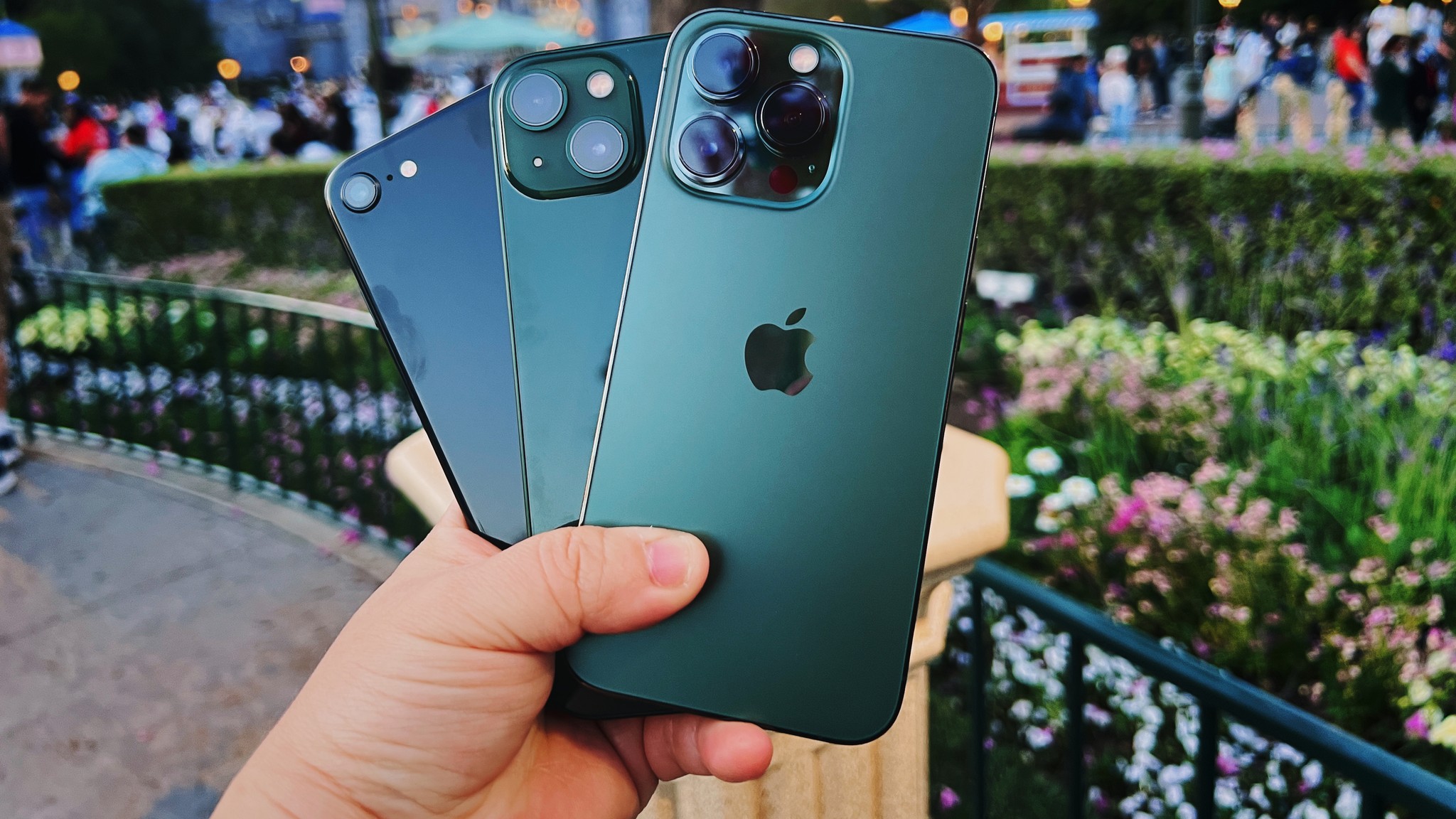Apple’s iPhone overtakes Android with more than half of the US market share
It's been a long road for Apple, but the iPhone finally overtakes Android in smartphone market share.

Apple has finally overtaken Android in the U.S., with the iPhone surpassing 50% of the market share for smartphone devices. Thanks to a push into finance and healthcare, Apple has managed to account for more than half of all smartphones that are used in the U.S., according to Financial Times.
It's been a long road for Apple
This 50% market share is significant for Apple because it is the highest for the iPhone since it originally launched in 2007. Data from Counterpoint Research indicates that the milestone occurred in the quarter that ended with June. The rest of the market share was divvied up between 150 devices that used Android, mostly between Samsung and Lenovo.
“Operating systems are like religions with no significant changes,” said Jeff Fieldhack, a research director at Counterpoint. “But over the past four years, the flow has consistently been Android to iOS. This is a big milestone that we could see replicated in other affluent countries across the globe.”
With the market share numbers, it is based on the number of smartphones that are currently in use, otherwise known as the active installed base. This is described as “the engine for our company,” said Luca Maestri, Apple’s chief finance officer, in the July earnings call.
The active installed base for iPhone is very significant
Having over 50% of the market share for the smartphone market is an even bigger deal than new phone shipments, which fluctuate from quarter to quarter. The numbers for the active installed base includes millions of users in Apple’s ecosystem through used phones, as well as iPhones that are several years old.
According to Ben Wood, another analyst at CCS Insight, it’s not about seeing Apple grow its market share 10-15% every year. Instead, it’s more like a “slow burn, where they quietly just grab more share every year.”
Apple launched the iPhone in 2007, whereas Android devices debuted in 2008. By 2010, Android overtook the market share, and even in those early stages, Apple has not had anything close to 50% of the market due to the cellular device market being dominated by Nokia, Motorola, Windows, and Blackberry.
Master your iPhone in minutes
iMore offers spot-on advice and guidance from our team of experts, with decades of Apple device experience to lean on. Learn more with iMore!
With Apple’s iPhone 14 event just days away, this is prime time for Apple to catch up to the competition. Though a lot of people claim Apple has “lost its innovative edge” because it has focused on developments to existing products rather than new ones, Apple could still give us a big surprise, especially with talks about a VR headset.
Still, the primary focus of the upcoming "Far Out" event will be the iPhone 14, and a new lineup of Apple Watches, including the Series 8 and a rugged “Pro” model. The iPhone 14 lineup, specifically the iPhone 14 Pro, will likely feature the exclusive A16 Bionic, a pill and hole-punch cutout for the TrueDepth front-camera array, 48-megapixel Wide camera (with even larger camera bumps), and more. There is no doubt that these will be the best iPhones yet.
Christine Romero-Chan was formerly a Senior Editor for iMore. She has been writing about technology, specifically Apple, for over a decade at a variety of websites. She is currently part of the Digital Trends team, and has been using Apple’s smartphone since the original iPhone back in 2007. While her main speciality is the iPhone, she also covers Apple Watch, iPad, and Mac when needed. When she isn’t writing about Apple, Christine can often be found at Disneyland in Anaheim, California, as she is a passholder and obsessed with all things Disney, especially Star Wars. Christine also enjoys coffee, food, photography, mechanical keyboards, and spending as much time with her new daughter as possible.

